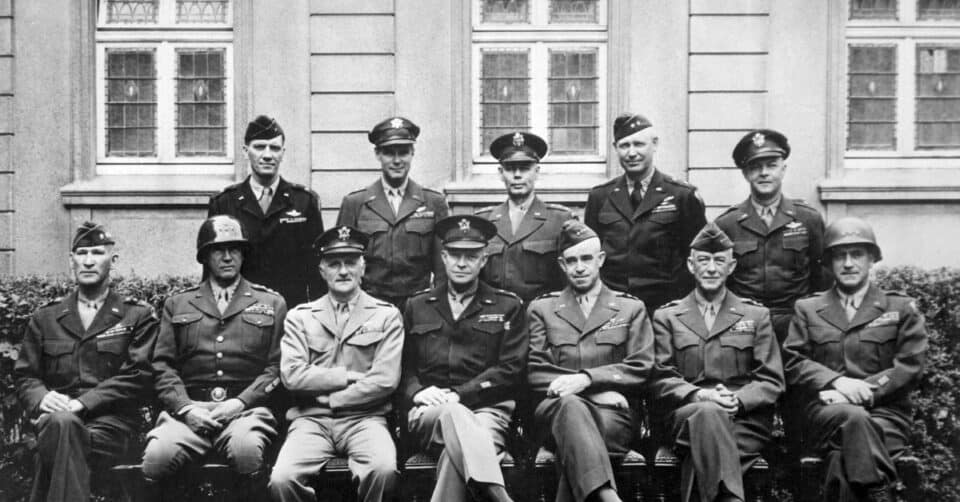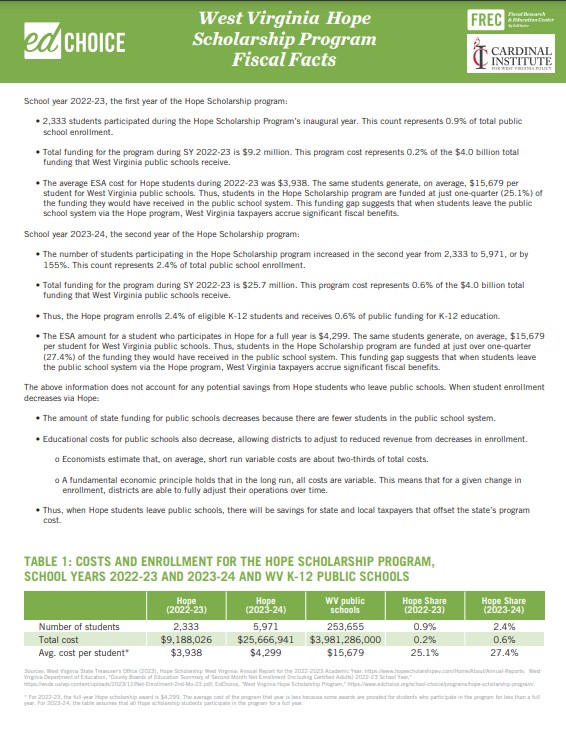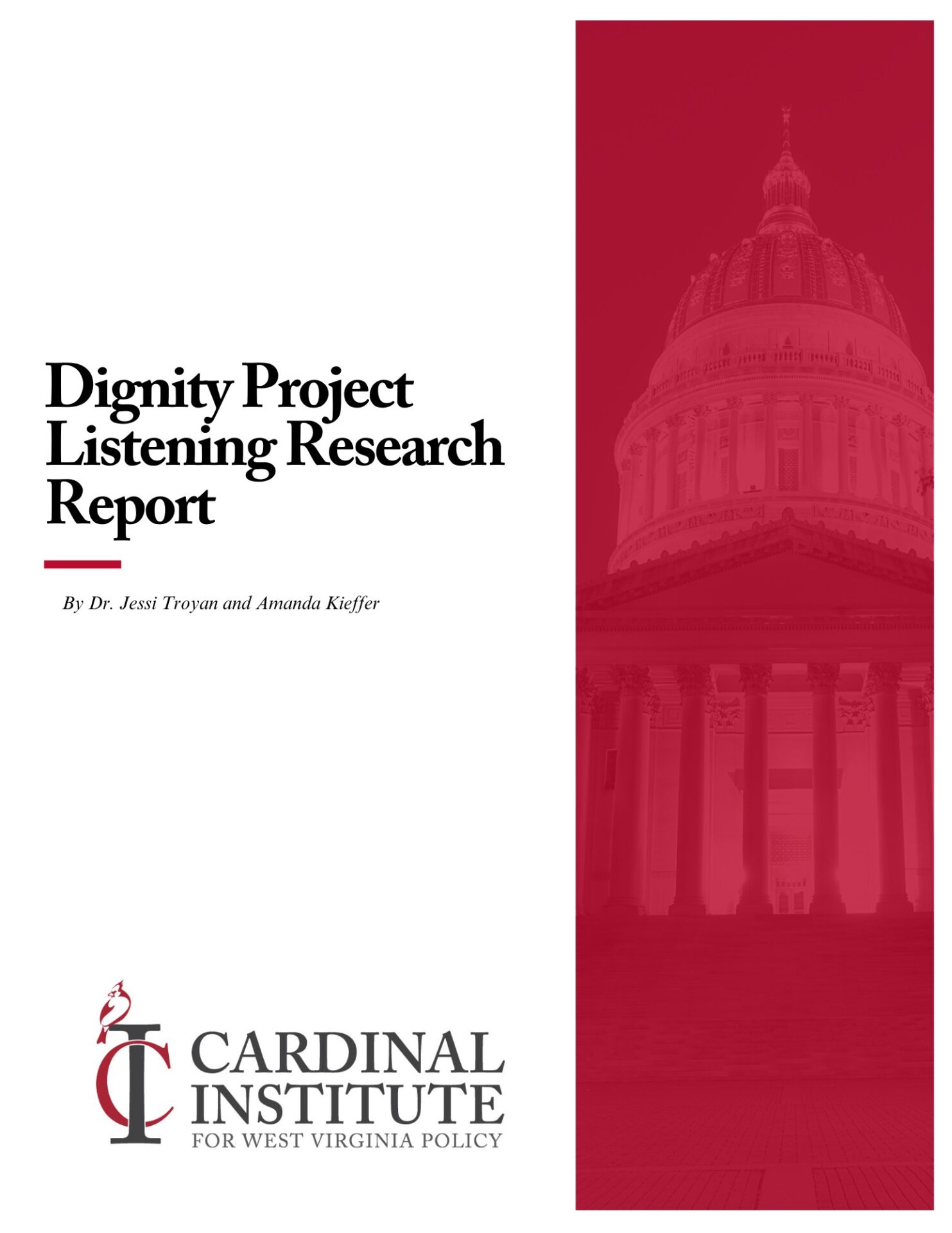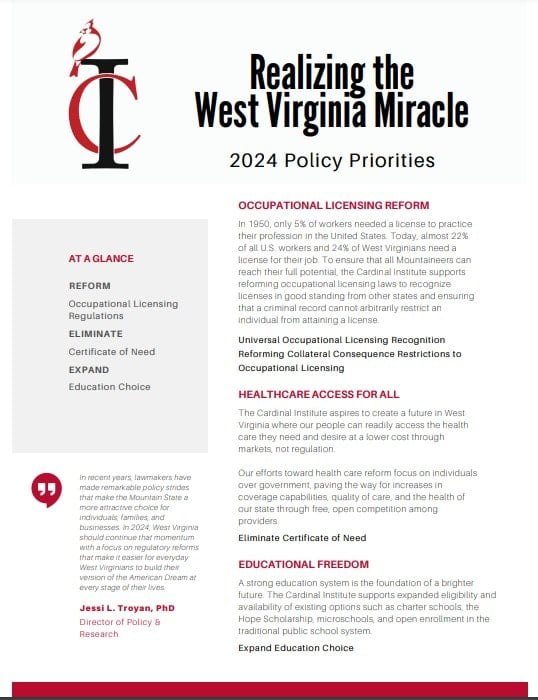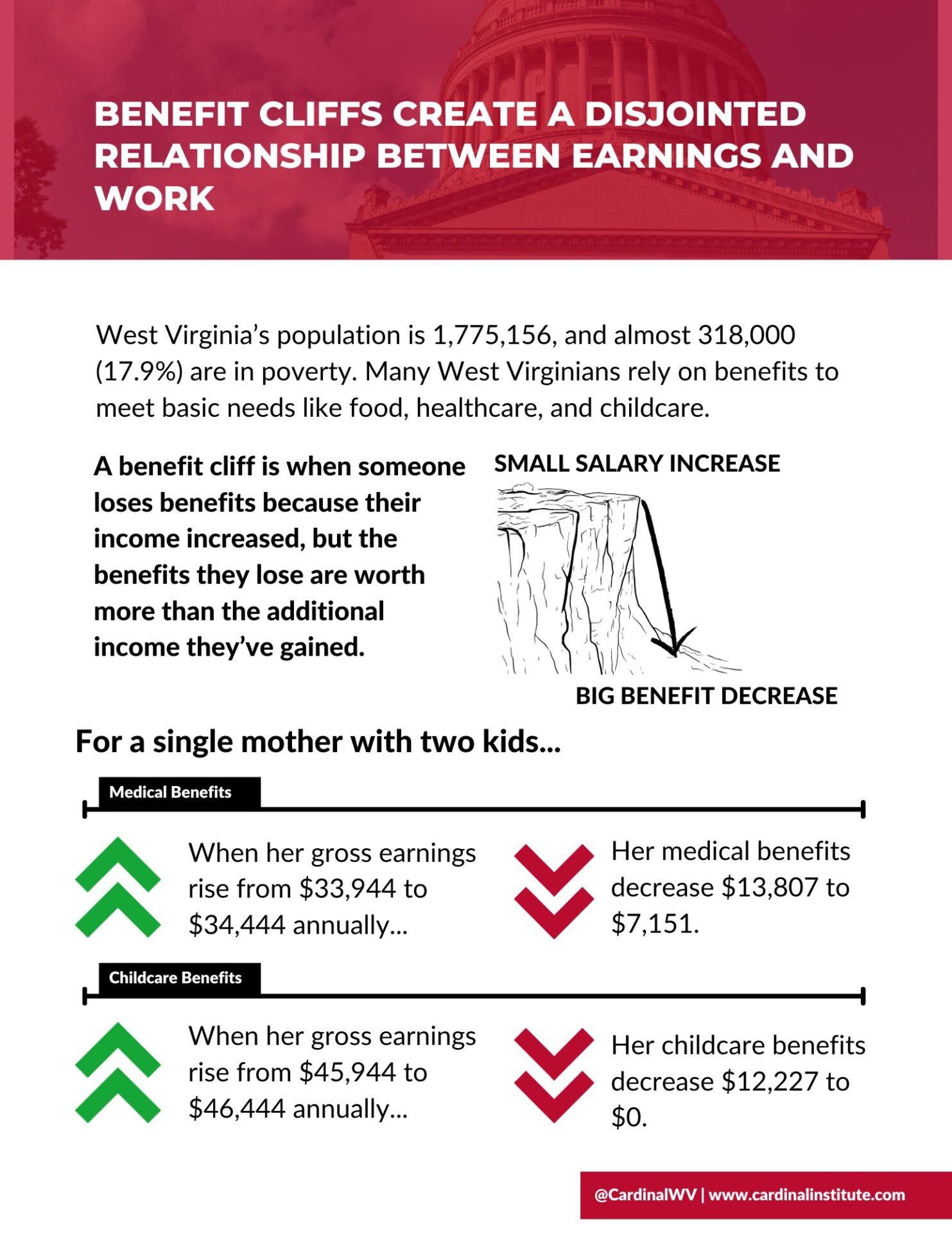Foster Care in West Virginia
As of July 16, 2023, there are 6,357 children in foster care in West Virginia. Many of these are in the foster care system because of the opioid epidemic. The Mountain State lacks enough families and community support to provide a loving home for these kids while they await reunification with their biological parents.
This article outlines general issues with foster care in West Virginia. It also proposes some ideas to consider as we seek solutions. Specific action steps need more research and space than this article allows. Let this article serve as an invitation to West Virginians to begin exploring solutions to foster care problems.
Retention of Foster Care Families
Shortage of Foster Families Leads to Poor Outcomes
In 2021, Mountain State Spotlight noted that the shortage of foster families led West Virginia to send kids to a facility in Pennsylvania called George Junior Republic. The “care” these children received was tragic.
Kids were being improperly restrained, the inspectors wrote. They spent up to six hours a day isolated in their bedrooms and some reported not getting necessary therapy and education. The center used a “time out chair” as punishment liberally, and kids could be put in it for hours or for up to two weeks at a time.
Although state inspectors suggested that officials remove kids from this facility, they found that children were still there seven months later.
Just last month, WOWKTV reported that 25 foster kids are being housed in “hotels, motels, and facilities such as Camp Virgil Tate.” Children are not receiving the care they need because there are not enough foster families to care for them. A group home will never give a child the care that a loving family will give them.
Foster Families Report Difficulties with Participating
Voices from across the West Virginia foster care community say that there is a shortage of foster care families due to issues with the state system. Many current and prospective foster families feel frustrated by their experiences with the WV Department of Health and Human Resources (DHHR). Sara Gordon, a WV foster mom, noted that the DHHR neglected to check on one of her foster kids for eight months.
In her first report as foster care ombudsman, Pamela Woodman-Kaehler found no shortage of complaints against the WV foster care system. Complaints include the failure of CPS to respond to phone calls from both foster and biological parents, rude treatment by CPS staff, and failure to deliver promised resources.
While the state may be investigating these issues, private organizations should do more research also. Hopefully, private organizations can come alongside current and future foster families to provide support.
Too much government oversight of Foster Care
Jeremiah Samples – senior advisor to the WV Legislature – noted, “It’s not an issue of bad policy, Samples told lawmakers. He said West Virginia has good policies, ones that are in line with other states. However, the issue in his opinion is implementation.”
Samples surveyed over 15,000 people who went into the foster care system at age 14 or older. Many report they experienced trauma that has lasted into adulthood. The government cannot “implement” a safe and loving home. Caring for children should remain the responsibility of families and communities. When the biological family fails, other families along with the child’s community should step in. The government should only step in as a last resort. Good policy should keep the government out of the way so that families and communities can care for children.
Moving forward, we should take a closer look at West Virginia’s foster care policy. If the policy is indeed “good,” then why are so many foster parents reporting a lack of communication in expectations? The answer is not clear, and we need more research. To start, we should consider how private organizations can assist with implementation.
Lack of Communication
Though lack of communication is an issue, many NGOs are using digital media in innovative ways. Rachel Kind, Program Director at Mission West Virginia, shares what her organization is doing.
Twenty years ago, recruitment often meant a table at a county fair and a paper sign-up sheet. Recruitment today can be anything from digitally targeting individuals who recently attended a high school graduation (because empty nesters are great candidates!) to social media ads to QR codes that directly link you to an inquiry form. What we have determined in the course of our work is that recruitment must be multi-faceted, varied across a variety of mediums and must allow prospective foster parents to reach us in a variety of ways.
Organizations like Mission West Virginia are well-poised to create messaging that would help current and prospective foster families get the information that they need. The government often works as a blunt force instrument. It can handle large projects but lacks the finesse for more fine-tuned initiatives. Private organizations like NGOs, community organizations, and houses of worship are more capable of delivering the necessary aid.
Moving Forward
These stories highlight how bad many foster kids have it in West Virginia. The failures noted above highlight an opportunity for families, communities, and private organizations to step in. We need more private research on how West Virginia is falling short of caring for foster kids. From there, we can look at how interested parties can come together to leverage community resources and equip foster families. Now it’s time to go to work.
Nate Phipps is the Communications & Social Media Associate for the Cardinal Institute for West Virginia Policy.




